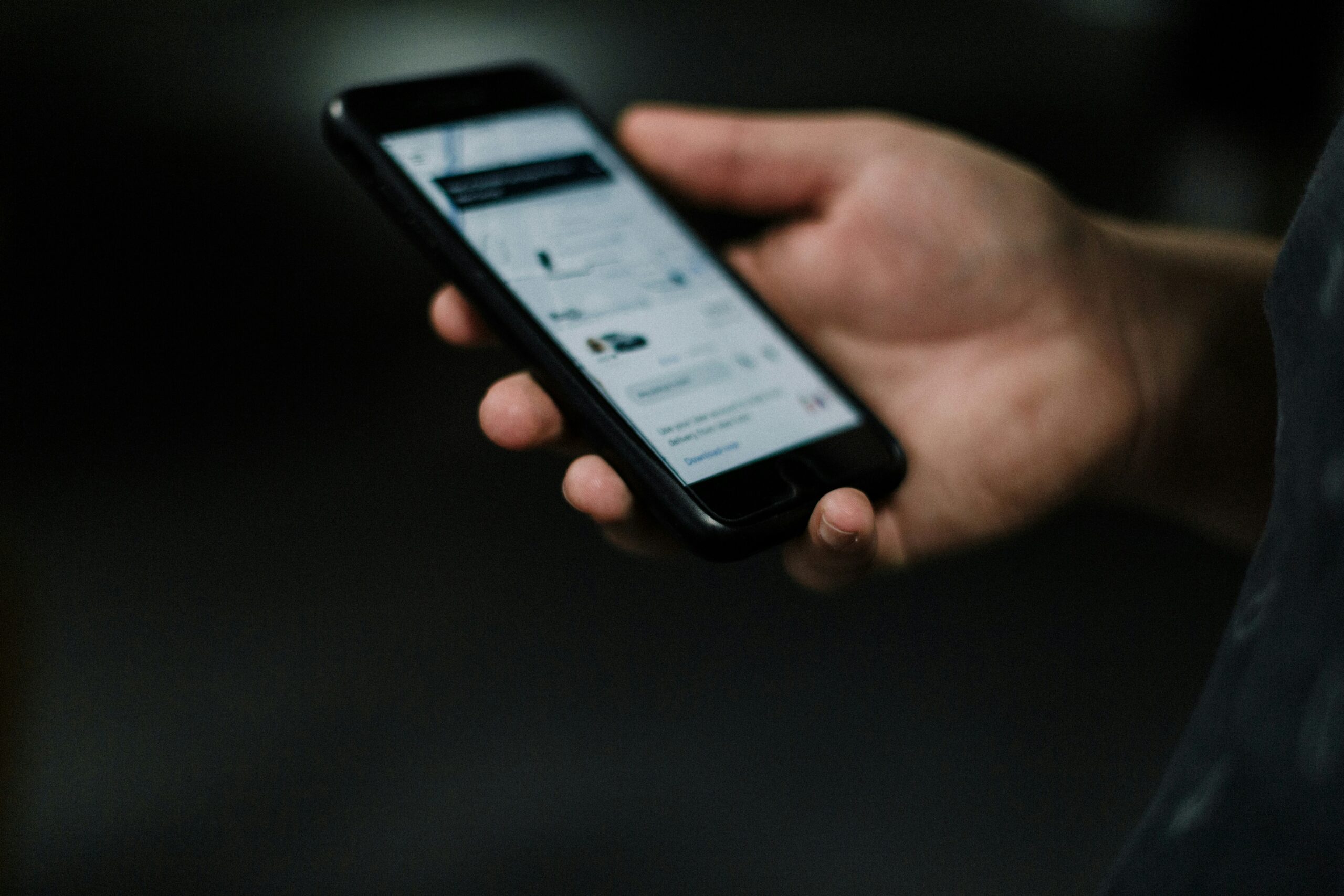Ridesharing services like Uber and Lyft have transformed the way we travel, offering convenience and affordability across Florida’s bustling cities and beyond. However, the rise of these services has also introduced new complexities in the event of accidents. If you find yourself injured in a ridesharing accident, it’s crucial to understand the legal landscape that governs these situations. Knowing your rights is the first step towards ensuring that you are properly compensated for any injuries or losses.
Understanding Ridesharing Accidents
Ridesharing services, such as Uber and Lyft, have integrated seamlessly into daily transportation routines, but they come with their unique set of legal and safety challenges. It’s important to grasp the dynamics of how these services operate and the typical circumstances under which accidents may occur.
How Ridesharing Works
Ridesharing companies provide a platform for private car owners to offer rides to passengers via a mobile app. These drivers are not employees of the ridesharing company but are considered independent contractors. This distinction is crucial because it influences liability and insurance coverage in the event of an accident.
Common Accident Scenarios
- Collisions with other vehicles: While on duty, a rideshare driver may collide with other vehicles due to factors like distracted driving, speeding, or other negligent behaviors.
- Incidents involving pedestrians or cyclists: Rideshare drivers, especially in urban settings, might also be involved in accidents with pedestrians or cyclists, often at crosswalks or in bike lanes.
- Single-vehicle accidents: These can occur due to poor road conditions, vehicle malfunctions, or driver error, and may result in injuries to passengers.
Understanding these scenarios helps frame the context of a rideshare accident and sets the stage for discussing specific passenger rights and the applicable insurance coverages.
Your Rights as a Passenger
When you step into a ridesharing vehicle, such as an Uber or Lyft, you are protected by certain rights under Florida law, particularly when it comes to accidents and injuries. It’s crucial for passengers to know what protections are in place for them.
Insurance Coverage Provided by Ridesharing Companies
Ridesharing companies are required by Florida law to provide insurance coverage for their drivers and passengers once the ride is accepted until its completion. This coverage includes:
- Liability insurance: To cover damages and injuries caused to others if the rideshare driver is at fault.
- Uninsured/underinsured motorist coverage: Protects passengers if another driver causes the accident and does not have adequate insurance.
- Contingent collision and comprehensive coverage: This applies if the rideshare driver has personal collision and comprehensive coverage, extending it to cover accidents that occur while on a rideshare trip.
Rights to Compensation
As a passenger, if you are injured in a ridesharing accident, you have the right to seek compensation for:
- Medical expenses: Including immediate and ongoing healthcare costs.
- Lost wages: If the injuries prevent you from working.
- Pain and suffering: Compensation for physical pain and emotional distress.
Filing Claims
- Directly through ridesharing company’s insurance: You can file a claim directly with the insurance provided by the ridesharing service.
- Through personal injury protection (PIP) insurance: As Florida is a no-fault state, your own PIP insurance may also cover medical bills and lost wages up to the policy’s limits.
Knowing these rights is fundamental in ensuring that you are fully compensated for any losses or injuries incurred during a ridesharing trip. It is advisable to document all aspects of the accident and your injuries, as this documentation will be crucial when making a claim.
Contact Gonzalez & Cartwright, P.A. Today
Navigating the aftermath of a ridesharing accident in Florida can be a complex process, but understanding your rights as a passenger is key to ensuring you receive the compensation you deserve. Whether it’s dealing with insurance claims, understanding liability, or seeking damages for personal injuries, the knowledge of your rights under Florida law provides a critical foundation.
Remember, ridesharing companies like Uber and Lyft offer significant insurance coverage, but knowing the extent of these protections and how to effectively file a claim can greatly influence the outcome. If injured in a ridesharing accident, it’s advisable to consult with a legal professional who specializes in this area. This will help ensure that all necessary steps are taken to protect your interests and secure just compensation for any damages or injuries. Always prioritize safety and stay informed about your rights to navigate these situations with confidence. Contact Gonzalez & Cartwright today at 561-556-3514 or schedule your free consultation online.
